When Should You Change Brake Pads And Rotors?
On average, brake pads should be replaced every 25,000 to 65,000 miles, while rotors typically should be changed anywhere from 30,000 to 70,000 miles. However, the exact number can differ depending on driving conditions and styles. The good news is, you'll likely experience minor symptoms when your brake pads are getting towards their end of life, making diagnosis and repairs easy. Not sure if it's time to change your brake pads or rotors? Here are 6 common signs it's time for new pads and rotors.
1. Squeaking or Squealing Coming From Brakes
If your brake pads are near the end of their useful life, the first symptom you'll begin to notice is a squeaking or squealing noise coming from the brakes. Squealing brake pads are typically caused by excessively worn down pads. Once you've worn down your pads enough you'll start to experience a grinding noise, at which time you'll also begin to damage your rotors, making the cost of repair even more expensive.
2. Grinding Sound When Braking
Like we stated above, if you're experiencing a grinding noise while you're applying pressure to the brake pedal, your brake pads need to be replaced ASAP. Some brake pads have built in metal wear indicators, which are designed to make a loud noise and alert you that it's time to replace the pads. If you leave the brake pads to continue grinding, you're opening yourself up to a lot more damage and higher repair costs.
3. Vibration When Braking
Vibration when you apply the brakes is another sign that your vehicle's braking system is in need of professional help. Chances are that your rotors are warped and created uneven brake pad wear at the same time.
4. Taking Longer To Stop
Suggested reading:
How to Choose the Right Brake Pads for Commercial Vehicles?
Some Ways for Manufacturers to Reduce the Leakage of Rubber Seals
Choosing the Right Electric Recreational Vehicle for Your Adventure
What tools does an automotive mechanic use?
Exploring the Great Outdoors: The Advantages of Outdoor Camping Car Rooftop Tents
Top 5 Reasons Why Electric Motorcycles Beat Gas Motorcycles
Cold Weather Car Care: How Rubber Ring Seals Prevent Drafts and Frosty Windows
Another major sign that your brakes need to be checked out is loss of performance when applying the brakes. If you're experiencing less than ideal stoppage times while applying your brakes, it may mean your brake pads are worn down completely or that your brake fluid is low (often times due to a leak). For a true understanding of what's going on with your brakes, you'll want to get to a brake mechanic as soon as possible to ensure you don't lose all braking abilities.
5. Brake Pad Indicator Light Comes On
Most modern vehicles come with brake warning lights that appear on your dash. One is your Antilock Braking System (ABS) light and the other is your brake system warning light. Your brake light won't always come on when there is an issue — it's also the light that appears on your dash when your parking brake is engaged. But if you're seeing a brake warning light and your parking brake isn't engaged, it's time to have a brake expert take a look at your system to diagnose your issues.
6. Your Brake Pads Appear To Be Thin
One way to easily check on your brake pads is to visually inspect them for wear. To do this, look between the spokes of your wheels and locate your brake pad. If it appears to be less than a ¼ inch or 6.4 mm thick, you're probably due for a set of new brake pads.
Experiencing Brake Issues?
If you're experiencing any of the above symptoms, let our expert brake techs provide a diagnosis. Receive a free quote of brake pads!
Exploring the Latest Auto Spare Parts Trends
The Ultimate Guide to Finding Quality Auto Spare Parts
What is iridescent car wrap?
Power Steering Oil Seal vs. Power Steering Pump: What's the Difference?
Benefits of Car Mats: Keeping Your Vehicle Clean and Well-Maintained
Do You Know TG4 Oil Seal?
Kubota Oil Seal Replacement Cost: Budgeting for Maintenance
1559
0
0
Related Articles
-
584
0
0
-
594
0
0
-
611
0
0
-
578
0
0
-
566
0
0
-
450
0
0
-
433
0
0
-
483
0
0




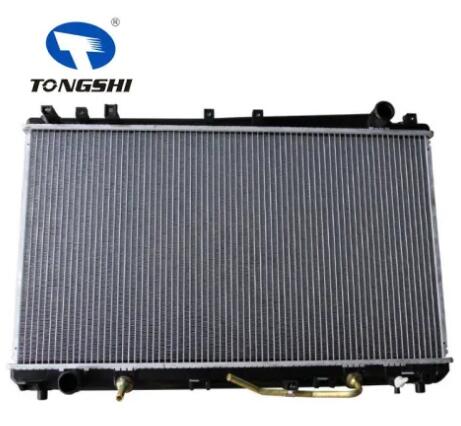

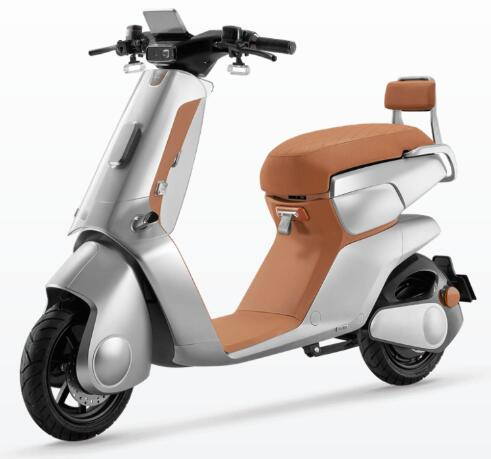
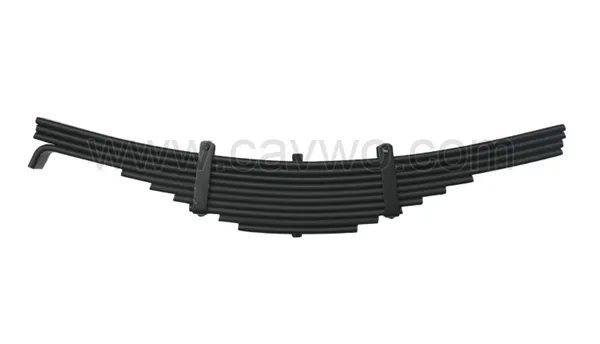
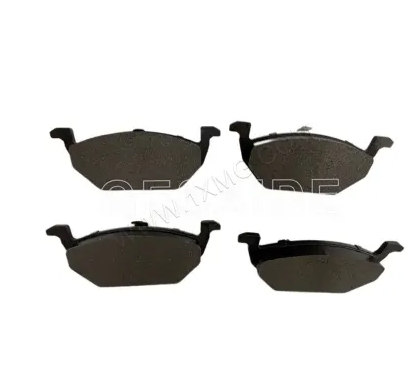
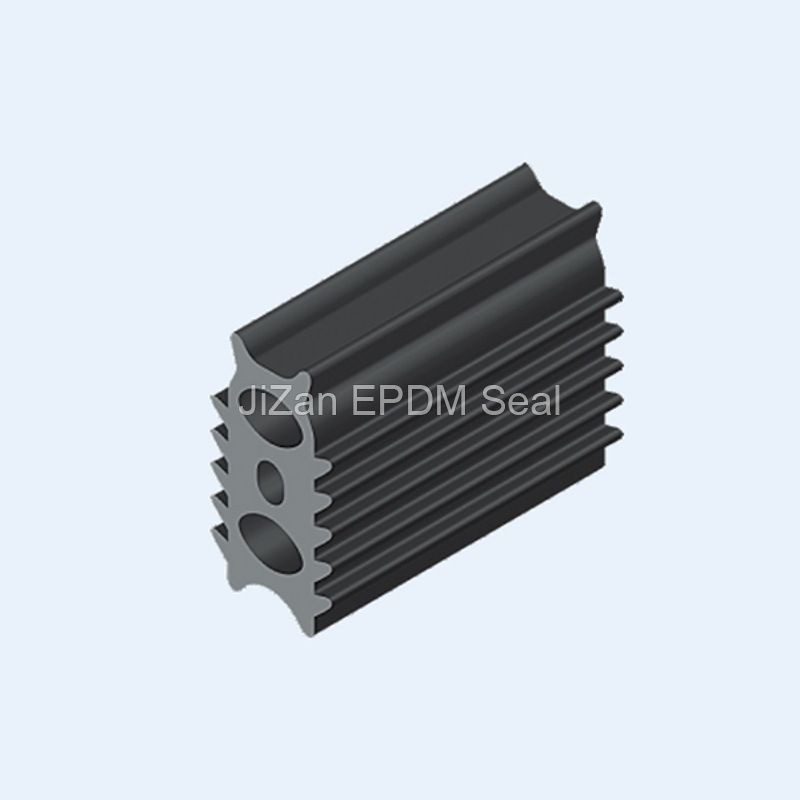
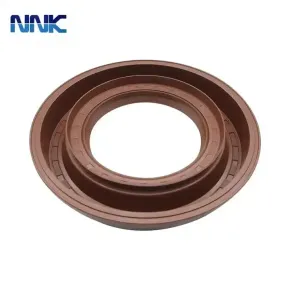
Comments
All Comments (0)